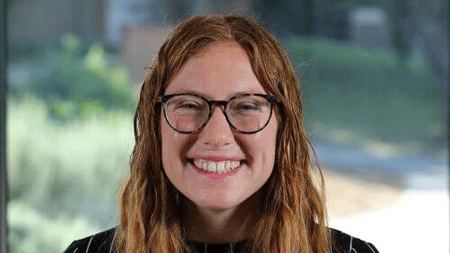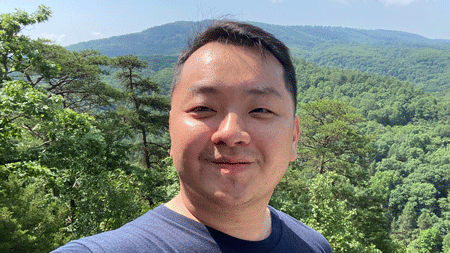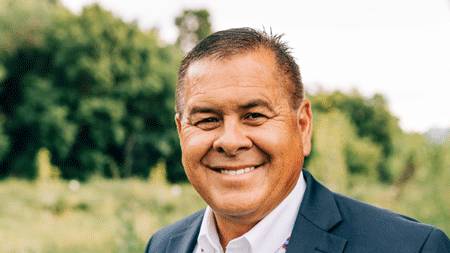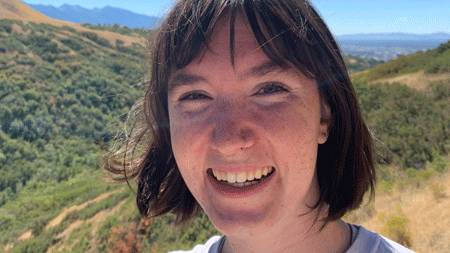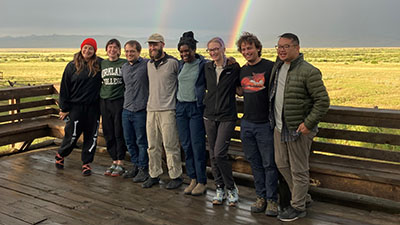
The Environmental Humanities Graduate program at the University of Utah trains the next generation of environmental leaders and thinkers, positioning them to study climate change, resilience, advocacy and environmental justice in preparation for changing the world. In recognition of the program’s environmental impact, the Mellon Foundation has awarded them with a three-year grant renewal, providing $791,000 to fund graduate fellowships, create leadership pathways for students from underrepresented groups, collaborate with communities directly affected by climate change and environmental racism and work closely with grassroots leaders.

